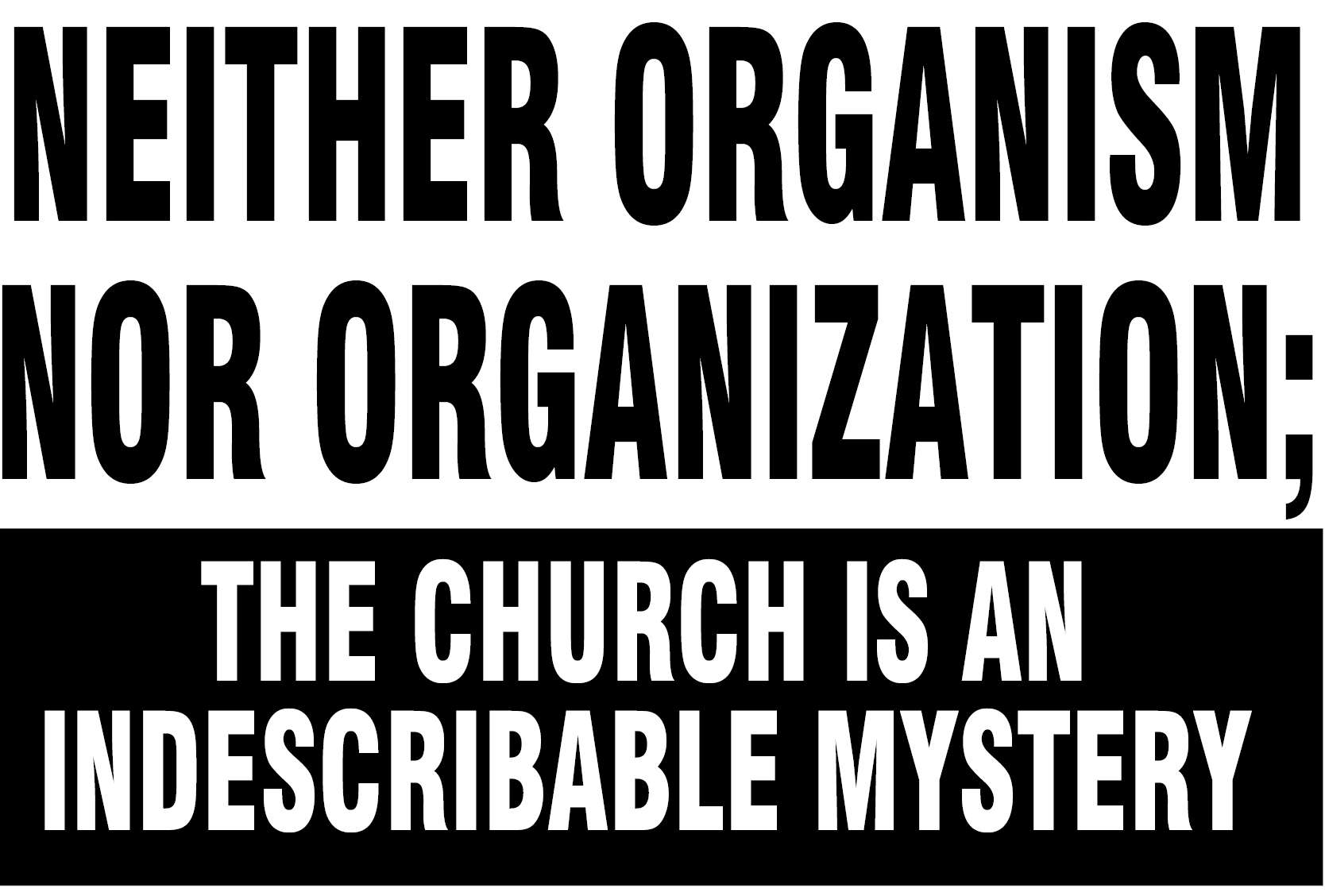

Is There an answer to Every Prayer of a Christian?
Dr. J. N. Manokaran
Prayer is a great privilege God has given His people. Nevertheless, it could be under-utilized, neglected, and over-used with presumption instead of faith and ignorance. Prophet Elijah is a classic example in the Bible who is esteemed as a great man of prayer. Though he had many answered prayers to his credit, had at least one prayer that was not answered.
I. Wrong understanding:
“Prayer Brings Victory,” is quite a common slogan among Christians. However, it is not right from a biblical perspective. Prayers are just a few words recited if God does not listen and respond. It is not ‘Prayer Brings Victory;’ it should be “Prayer answering God gives victory.” Prayer becomes empty words, repetitive words, futile words, and useless words unless God listens and answers. Prayer is neither a formula nor a mantra. Prayer becomes a deity or an idol when prayer itself is esteemed and God ignored.
II. Prayers shut out
A person could block the phone number of someone on his smart phone. The blocked person could never call the person. Similarly, God can block the prayers of some people. When God judged the Nation of Judah by sending Babylonians to destroy the city of Jerusalem including their cherished temple. Prophet Jeremiah laments: “He has shut out my prayer.” (Lamentations 3:8) His intercession for Judah was not heeded. God is not obliged to always listen to prayers. The Bible provides some insights regarding prayers being blocked.
• Poor ignored: When people of God ignore the cry of the poor, God need not answer the prayer. (Proverbs 21:13) Ignoring the poor includes ridiculing, demeaning, and cursing the poor. The rich man ignored the poor Lazar who lived in a visible distance. The rich man was not immoral and did not amass illegitimate wealth. His sin was ignoring the poor, his prayer even from hell was rejected. (Luke 16:19-31)
• Doubt: God need not answer the prayers of the people who doubt (James 1:5-7). God honours the faith as small as a mustard seed but without a doubt (Matthew 17:20; Mark 11:23; Luke 17:6). Unwarranted fear, worry, and doubt are enemies of faith, thus unable to receive answers for prayer. Those who come to Him should believe He exists and reward those who seek Him (Hebrews 11:6).
• Proud: God opposes the proud, hence such people's prayers are not answered (James 4:6). Pride does not allow a person to seek God’s help, with humility. Only in desperation, s/he may seek help. Without humility, God will not act on behalf of them. God’s mercy and grace are available only to those who are humble. Proud people tend to be self-reliant, self-confident, and self-dependent. Unless they become God-dependent, God cannot respond to them.
• Violent: Those whose hands are covered with blood, though they might pray, such prayers would not be listened to by God (Isaiah 1:15). Having an attitude of being violent, approving violence and feet rushing to shed blood are abominations for the Lord (Isaiah 59:7). Those who run to do evil and shed blood will not be heard (Proverbs 1:15-19). Violence need not be in physical form, but in attitude, paradigm, and expressed in other ways including emotional oppression, mental torture, words, and social media.
• Relationship with spouse: Husbands who do not honor their wives and vice versa would experience hindrance to prayer (I Peter 3:7). Loving, covenant relationship with one mind is necessary for prayers to be answered. Family discord, separation from the spouse with bitterness and unforgiving attitude, and divorce are other factors for unanswered prayers.
• Selfish prayers: Prayers with wrong motives, selfish motives, and wicked motives will not be answered (James 4:3). Rage, revenge, and destructive spirit are counter-productive for people who pray. Envious prayers, that desire harm for others is self-destructive.
• Sin esteemed: Prayers of people who esteem or give high regard to wickedness, will not be heard (Psalms 66:18). It means being silent in the midst of a wicked environment or silently approving the tyrant (Romans 14:22). A person who approves violence in society silently, will one day become a victim of the same violence.
• Mistreat God’s people: Those who mistreat, harass, and persecute God’s genuine servants, their prayers will not be heard. (Micah 3:2-5) Those who persecute the people of God or the righteous will be punished. Pleadings of such people will not be heard unless they repent.
III Study from prayer life of Elijah
Elijah is considered as one of the great prophets. God remarkably answered his prayers.
3.1. Answered prayers of Elijah
James provides Elijah as prayed earnestly or fervently, though he was just an ordinary person like any human. (James 5:17-18) His effective prayer even affected the weather. When he prayed for rain to stop, it stopped. Again, when he prayed for rain, it poured. He did not do according to his whims and fancies, or shifting moods, or personal vendetta, but according to God’s will, intention, and purpose. James teaches that all believers could pray as Elijah did and receive marvelous answers. Elijah followed His instructions in prayer as well as action. (I Kings 18:36) God multiplied the widow’s flour and oil. (I Kings 17:16) God answered his prayer by sending fire from heaven and consuming the sacrifices. (I Kings 18:38)
3.2. Unanswered Prayer of Elijah
When Queen Jezebel threatened Elijah with the death penalty, he ran to a forest. If he had the intention to die, he would have remained where he was. Jezebel would have killed him. Perhaps, Elijah thought it would be ignominy to be executed by Jezebel, instead he wanted God to take away his life (I Kings 19:4). But God did not take away his life, instead gave him more ministry assignments. Elijah did not die as he prayed a physical death, instead was caught up to heaven in a whirlwind, by angels in the chariots of fire (II Kings 2:4). God is gracious to alter, edit, delete, downgrade, or upgrade our prayers appropriately. God modified the prayer of Elijah. Elijah wanted to take his life, but God took him to his presence by sending angels, not through physical death. He inspires the New Testament saints to be ready to be raptured when the Lord comes again (I Thessalonians 4:17) .
IV. Obligation of God?
Some believe that God is obliged to fulfill or answer all the prayers of his children. According to them, God is bound to answer, he is obliged to answer, and he has no other option. This is a misunderstanding. For them is like a jinn in Arabic fables. Jinn becomes the slave of one who is released from bondage undersea or cave or inside a bottle. Jinn fulfills all commands of the master. Some imagine God as a mega-jinn who obeys and obliges all requests. Some even dare to command God, misquoting the bible verse (Isaiah 45:11).
First, God as Sovereign God is not obliged to be answerable or accountable to anyone. A potter need not explain or clarify or answer the clay (Isaiah 45:9). Second, sinful humans do not have any rights before God. Grace is God’s mercy shown to ill-deserving, nil-deserving, and hell-deserving sinners. Mercy and grace are prerogatives of God and not an obligation. Third, God is good and will answer prayers that are appropriate and for the benefit of those who love him. Prayers that would hinder His plan and purpose will not be answered. Fourth, God is wise, not to answer all prayers. Many are immature and do not know what to ask and what to pray for. Some ask things that are harmful or destructive in the long run. A two-year-old could ask for a knife, which is dangerous, harmful, and even life-threatening. A wise father will not oblige, and so is our Heavenly Father. Five, God knows the future. Believers who pray are unaware of what will happen tomorrow or thereafter. However, God knows the future. Hence, keeping the future plan in mind, God may reject or postpone answering such prayers.
V. The right way to pray?
When an email is sent, if there is no right email ID, it will not reach and may bounce back. A mail or courier cannot be sent without the receiver’s address. When prayers are not offered in God's prescribed way, they are rejected. Here are four principles of prayer.
5.1. First principle: Ask
God expects his people to ask. A believer should discern the need, have the humility to express dependence on God and have faith that God answers prayers to really pray. Ask and it shall be given to you (Matthew 7:7). Saints of God do not receive because they did not ask. Probably they did not ask because of ignorance, laziness, lethargy, and lack of discernment. God knows the harvest is plentiful, yet he expected the disciples to ask. He wants His children to ask and delight in doing what they ask (Matthew 9:38). God commands His people to open their mouths wide so that he could fill them or answer their prayers (Psalms 81:10).
5.2. Second principle: Ask in His Name
All prayers ought to be in the Name of our Lord and Saviour Jesus Christ (John 14:13). The Lord is the only mediator between God and humans, and there is none other (I Timothy 2:5). Some people want to ask through dead people who are considered as saints including the Virgin Mary, Apostles, and others. Strangely, there are a few who do not have the discipline of prayer but request Tele-evangelists to pray, making them their mediator. Prayers done through living or dead saints are not answered. Yes, as people of God, we can pray for others, a pastor could pray for members, but they cannot become mediators.
5.3. Third principle: Ask without evil intention
Apostle James writes that some people did not receive answers to prayers, because their motivation and intention were neither righteous nor right (James 4:3). God does not show favoritism. He is the righteous God of all humans. He does not take sides with believers to torment or oppress others. It is presumption and wrong belief to think God is with us to execute wicked revenge on those who oppose us. Such prayers, seeking revenge with evil intentions will not be answered.
5.4. Fourth principle: Ask according to His will
The disciples of the Lord should have spiritual discernment and maturity (I John 5:14-15). They should know the will, plan, and purpose of God. In fact, God’s will is pleasing, good, and perfect (Romans 12:2). Discerning God’s will is a spiritual discipline every disciple should learn. Immature disciples who do not study and mediate the Word of God, will not be able to know the Will of God. They misapply God’s Promises to the wrong contexts. God’s promises have terms and conditions. God’s promises are intimately connected to His Will and Plan, hence God answers accordingly. Seeking God’s will means surrendering personal will, desires, preferences, and choices.
VI. Transformed
One who prays gets transformed. Prayer helps a believer to get intimate fellowship with God. Being in His presence means to grow in His love, worship, knowing his attributes, and offering as a living sacrifice. David longs to seek His face, admire his beauty, and adore Him (Psalms 27:4). Prayer transforms an individual, his attitude towards the context before God changes the situation or context. Such transformation brings spiritual maturity and scriptural understanding.
VII. Challenge
Prayer is a privilege God has offered the humans. Prayer of repentance by sinners, with humility, godly grief, forsaking sin, and receiving the Lord Jesus Christ in faith is heard and answered by God. God need not answer other prayers of sinners. The born-again children of God also ought to come into His presence in faith, depending on God’s grace, not reliant on their self-righteousness or super-spirituality. Prayers of believers with humility, without wicked or criminal intent, and discerning God’s Will, Plan, and Purpose will be answered Prayer is a Privileged Access to God, but humble Access.































